Australian politicians say the era of ‘invisible’ trips to Taiwan is over, shrugging off China warnings
A group of federal MPs has sent a message to China as part of a bipartisan effort to help Taipei retain its limited diplomatic space.
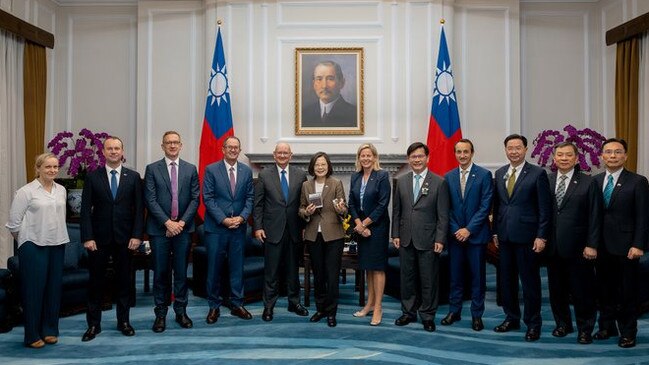
Politicians from both the government and opposition say it is in the “national interest” to end the era of Australia’s “invisible” trips to Taiwan, signalling that Beijing should expect open visits to become routine as Canberra tries to help Taipei retain its limited diplomatic space.
In a demonstration of the widening support for Taiwan in Canberra, the five members of a bipartisan federal parliamentary delegation visiting Taipei this week said that they will not be the last — however much China’s government might complain.
“We are here. And we’ll have another one in the future, next year,” Liberal MP Angie Bell told The Australian in an interview in Taipei.
“There’s nothing to be shy about … There’s no double speak,” said Labor MP Julian Hill, a member of parliament’s joint committee on intelligence and security.
“Everything we’re saying here. Everything we’re saying in the private meetings, is exactly what we say in the parliament,” he told The Australian.
A warm welcome to the cross-party delegation led by @ShayneNeumannMP & @AndrewWallaceMP, whose visit highlights #Taiwan & #Australia’s strong ties. We thank you for speaking up in support of Taiwan’s democracy, and look forward to expanding our bilateral exchanges. pic.twitter.com/ywYkCQZhUi
— 蔡英文 Tsai Ing-wen (@iingwen) April 8, 2024
In the aftermath of Beijing’s retribution campaign on Canberra, delegations of politicians from Australia were usually low-key compared to other similar liberal democracies.
Former deputy prime minister Barnaby Joyce, a member of the first group of Australian politicians to visit Taiwan since Covid, said the Albanese government had hoped the delegation he was on in late 2022 would be “invisible”. It took place as Canberra prioritised improving ties with Beijing, which were near historic lows.
Taiwanese officials at the time told The Australian that people involved with that delegation had requested that no pictures be released of the Australian politicians’ meetings with Taiwan’s President Tsai Ing-wen or Foreign Minister Joseph Wu. Some in Taipei had been concerned that pressure from Beijing would see the trip cancelled entirely.
The “invisible” Australian trip was in stark contrast to high profile visits by parliamentarians from Germany, France, Canada, United Kingdom, Japan, the United States and other liberal democracies.
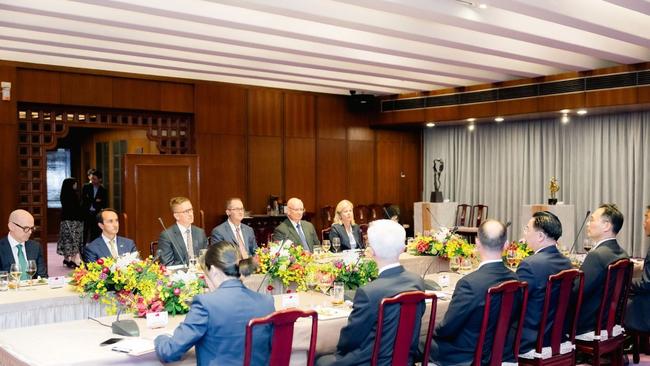
In an interview with The Australian and Sky News, the visiting Australian parliamentarians said there had been no instructions to keep this trip low profile.
“There’s never been any attempt by any department or government to say, ‘Listen, you know, would you mind not speaking to any media?” said Liberal MP Andrew Wallace, deputy chair of parliament’s powerful joint committee on intelligence and security.
“I don’t think there’s anything to be shy about. Taiwan’s an important relationship. These delegations have been going on since Adam was a lad. And, you know, you can’t talk about open democracy and then try and come over here under the shadows,” he told The Australian.
The visit is taking place months before China’s Premier Li Qiang travels to Australia, in a trip the South Morning China Post reported has been scheduled for the third week of June. Canberra is hopeful Beijing’s almost four-year long black-listing of live Australian lobster will be lifted in co-ordination with the trip.
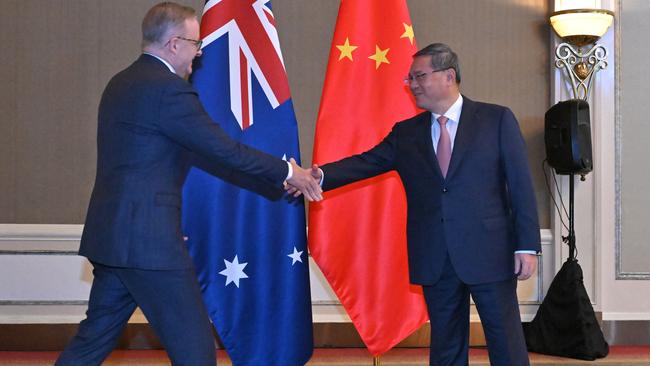
In January, on the eve of Taiwan’s election, China’s Ambassador in Australia warned that any “miscalculations” in Canberra’s ties with Taiwan’s government would see the Australian people “pushed over the edge of an abyss”.
Labor MP Shayne Neumann, chair of the Parliamentary Joint Standing Committee on Foreign Affairs, Defence and Trade, said there was nothing inconsistent about “maintaining good relations in an unofficial way with Taiwan and improving your relations with China”.
“I think it’s very, very important we have delegations like this to maintain those relations … We’re liberal democracies in a very dangerous and difficult region,” he told The Australian.
Liberal MP Dave Sharma said there was an “important national interest” in making sure Australian parliamentarians’ trips to Taiwan were conducted openly.
“We have a national interest in ensuring that Taiwan retains some diplomatic space and is still able to engage with the rest of the world,” said Mr Sharma, a former Australian diplomat.
“We’re not seeking to change the status quo on this trip. We still have our one China policy and everything else — but normal interaction with Taiwanese counterparts has been part of state practice going well back to the time that people shifted their recognition from Taipei to Beijing. And we need to make sure that continues,” he told The Australian.
The group of Australian politicians are in Taipei as news reverberates about Taiwan’s former President Ma Ying-jeou’s historic meeting in Beijing on Wednesday with China’s leader Xi Jinping. It took place eight years into an ongoing freeze by Xi’s government on communication with Taiwan’s current government, who are members of the China-sceptic Democratic Progressive Party, which is loathed by Beijing.
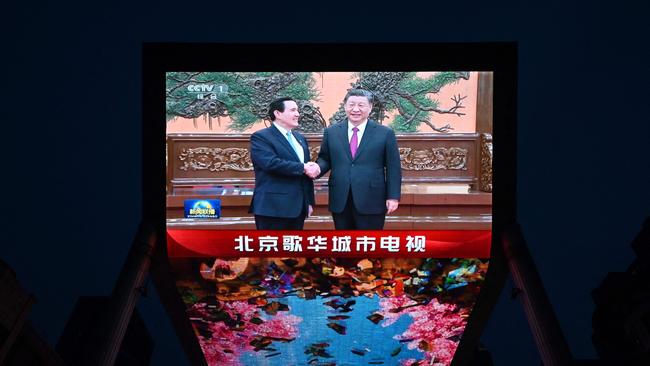
President Xi told Mr Ma, a member of the Beijing-friendly Nationalist Party, that “the fact that we have different [political] systems does not change the objective fact that both sides of the Strait belong to the same country, the same nation”.
Mr Ma, who left office in 2016, said Chinese people on both sides of the Taiwan Strait were “absolutely wise enough to prevent” war.
On Thursday, the Australian delegation was scheduled to meet with Legislative Speaker Han Kuo-yu, a senior figure in Ma’s Nationalist Party.
This week they have held meetings with Taiwan’s outgoing President Tsai, her Foreign Minister, Mr Wu, and national security head Wellington Koo, all figures routinely denounced by Beijing.
Before they fly out on Friday, the Australian politicians are scheduled to meet with Taiwan’s vice president elect Hsiao Bi-khim, another Taiwanese politician sanctioned by Beijing.
“It’s important to hear all sides of politics,” Mr Neumann said.


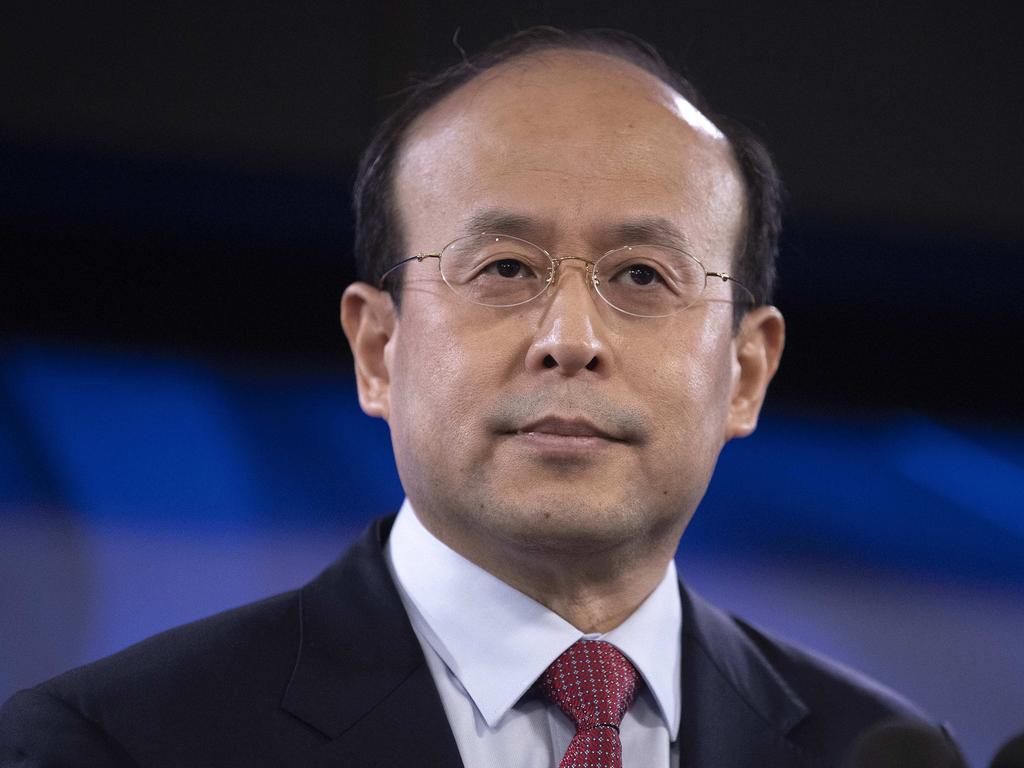
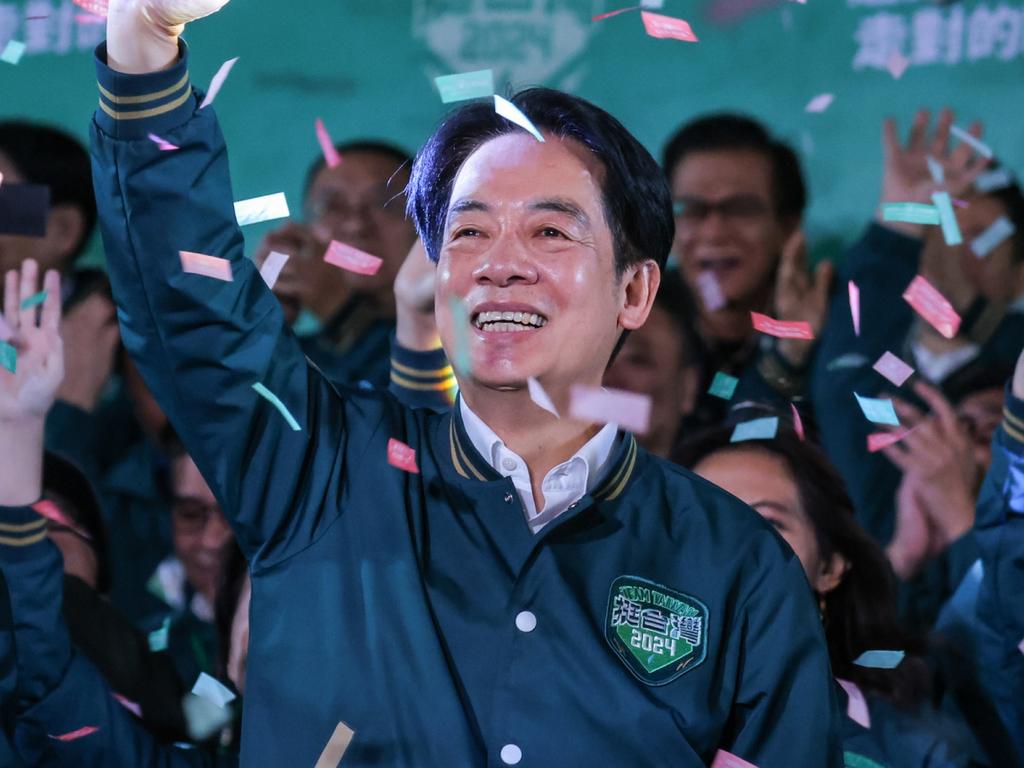
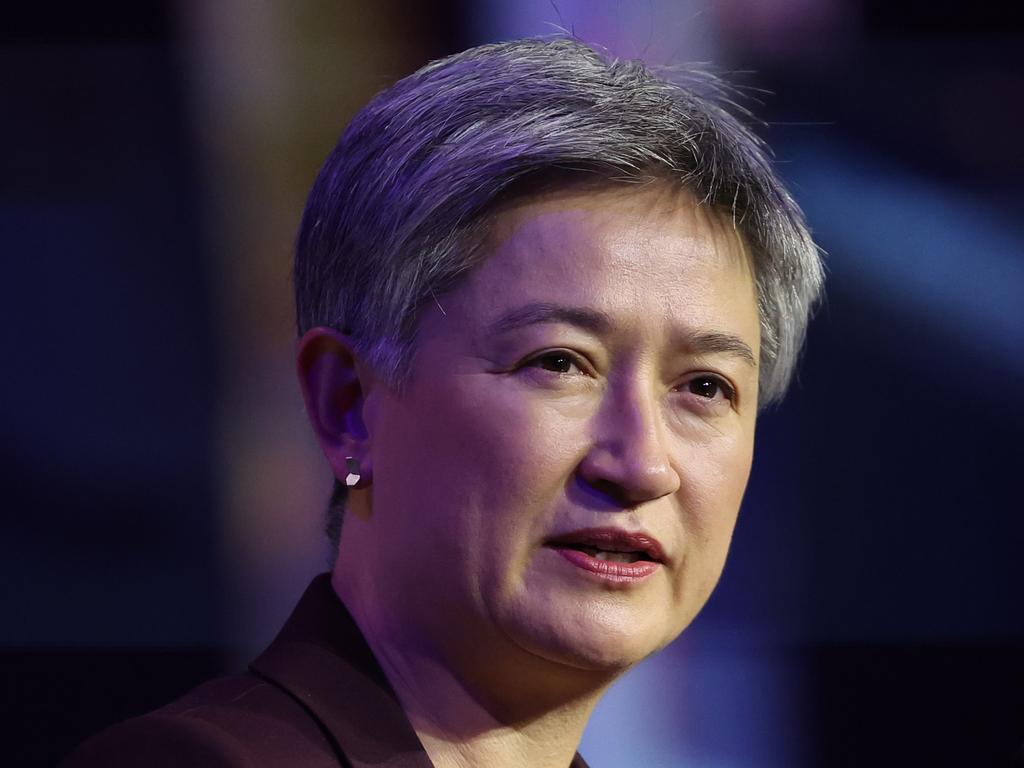
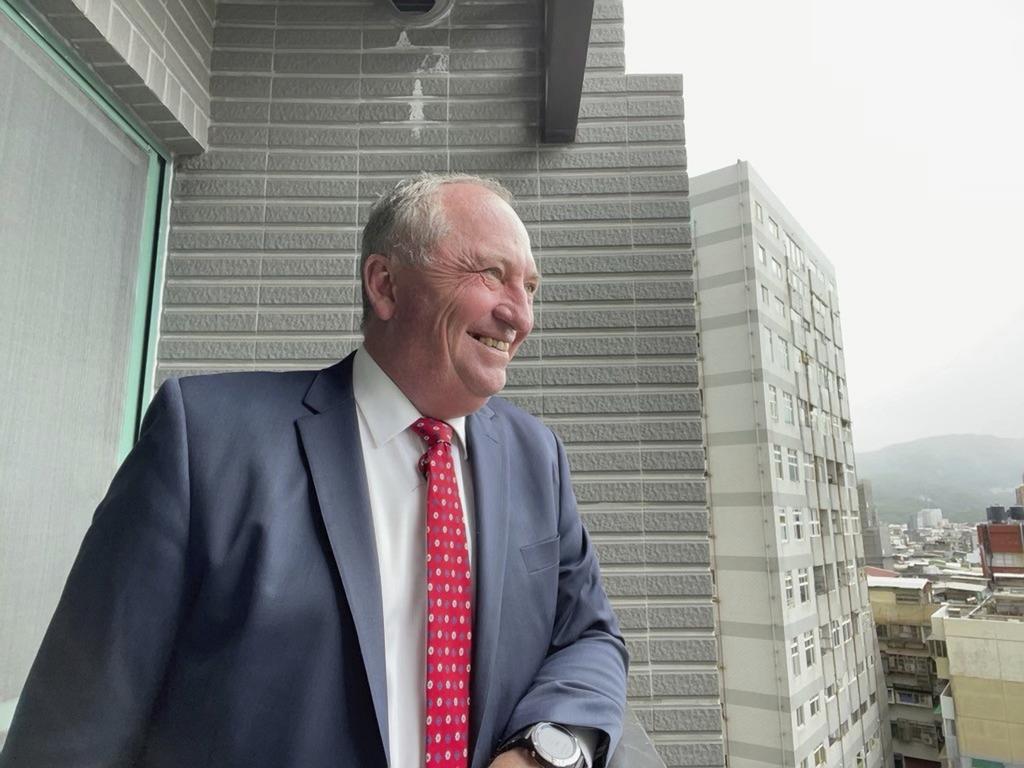


To join the conversation, please log in. Don't have an account? Register
Join the conversation, you are commenting as Logout